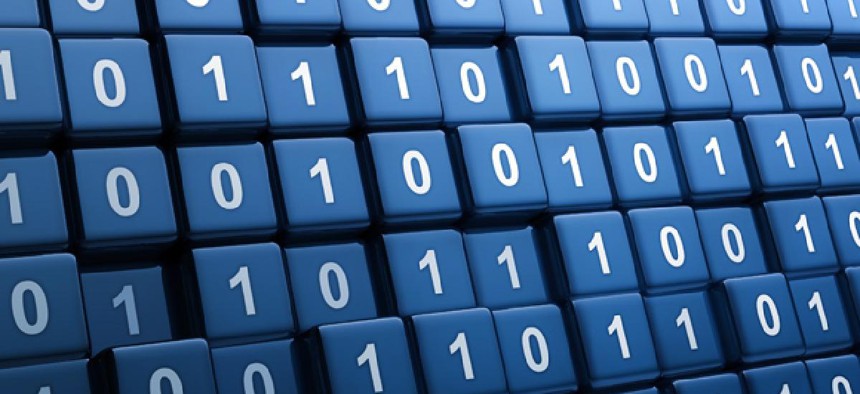Big Data Is Leading Scientists to Ask Bigger Questions

HerrBullermann/Shutterstock.com
Scientists often need to interpret much larger data sets to drive discoveries.
In 1905, Albert Einstein derived that light was composed of particles by fitting his theory to just a handful of data points. This discovery changed our understanding of basic physics and helped usher in a new era of quantum mechanics. Today, scientists often need to interpret much larger data sets to drive discoveries.
A little more than a decade ago, the first sequencing of a human genome cost $100 million. Now, the same results cost no more than a used car. At about 0.8 to 1 terabyte, the full genome creates more than 4 million times the amount of data that Einstein was investigating. Some scientists and researchers are using tools that were developed by online commerce and search engines to tackle these new questions.
In 2003 and 2004, Google published two papers that explained how the company repeatedly digests almost the entire internet to collect data for our searches every couple days and, eventually, hours. (Google recently moved away from this system of indexing onto something new that could log the Web in real-time and scale up to millions of machines.) The findings shook the industry. Often, to process tons of information, companies bought very expensive, very reliable, very fast computers that churned data as quickly as the newest technology could. Budgets being budgets, only a few of these premium boxes were in place at any one time. Instead, Google segmented the work into small pieces that were distributed onto thousands of cheaper computers that could produce the type of intelligence that we are now accustomed to in searches. If the old way was a single farm to grow flowers and collect pollen, then this new system was thousands of pollen-hoarding bees that distributed themselves to fields far and wide. The less expensive hardware now being employed to crunch data meant more computers were afforded in a budget while maintaining reliability. If a few computers went down, there were thousands left to pick up their duties.
(Image via HerrBullermann/Shutterstock.com)





